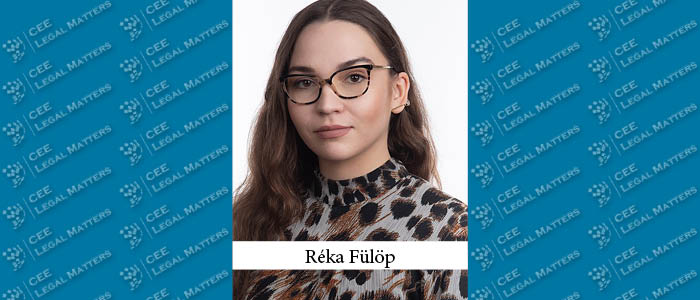In the ever-evolving landscape of legal technology, two notable players, SauLM-7B, and Harvey AI, have emerged with the aim of revolutionizing legal assistance through artificial intelligence. SauLM-7B and Harvey AI compete for prominence in the legal tech arena, their names both carrying a subtle nod to the realm of popular TV series – from Saul Goodman's legal antics in Breaking Bad and Better Call Saul to Harvey Specter's suave maneuvers in Suits.
Harvey AI, established by Gabriel Pererya and Winston Weinberg, is a generative artificial intelligence startup tailored explicitly for the legal profession. Its platform leverages AI to support legal workflows, including contract analysis, due diligence, and research. Harvey AI integrates generative AI capabilities, similar to ChatGPT, but with a specialized focus on legal applications. It augments its capabilities with legal-specific datasets, including case law and reference materials, allowing law firms to customize its functionality to suit their needs.
On the other hand, SauLM-7B, developed by machine-learning researchers and legal experts affiliated with Equall.ai, focuses on providing text-generation capabilities specifically tailored for legal work and applications. Unlike Harvey AI, SauLM-7B is an open-source initiative, that emphasizing collaborative innovation in the legal tech space. Its creators argue for the transformative impact of specialized AI systems in law, emphasizing precision and utility in legal tasks such as research, document review and analysis.
While both platforms offer AI-driven solutions for legal professionals, they differ in their approach and scope. Harvey AI aims to address a broad spectrum of legal tasks, from contract analysis to regulatory compliance, by integrating generative AI technology with legal-specific datasets. In contrast, SauLM-7B focuses primarily on text generation and understanding within the legal domain, outlining its potential to enhance productivity and accuracy in legal workflows.
Amidst the excitement surrounding AI integration in legal tech, it is imperative to acknowledge the potential risks and limitations. While platforms like SauLM-7B and Harvey AI offer efficiency and innovation, they are not without drawbacks. One significant concern is the inability of AI to fully replicate human judgment and comprehension. Legal professionals bring nuanced expertise, ethical considerations, and contextual understanding to their work, aspects that AI may struggle to emulate. Human involvement remains crucial for complex decision-making, particularly in matters requiring empathy, creativity, and strategic insight. Therefore, while AI undoubtedly enhances efficiency, its deployment should be approached with caution, ensuring a balance between technological advancement and the irreplaceable value of human resources in the legal profession.
In conclusion, while their origins may differ, both Harvey AI and SauLM-7B platforms signify the fusion of innovation and inspiration from the screen to the courtroom. As legal professionals navigate the complexities of modern practice, these AI-driven solutions offer a glimpse into a future where law meets technology – a true case of reel to real.
By Reka Fulop, Associate, KCG Partners




